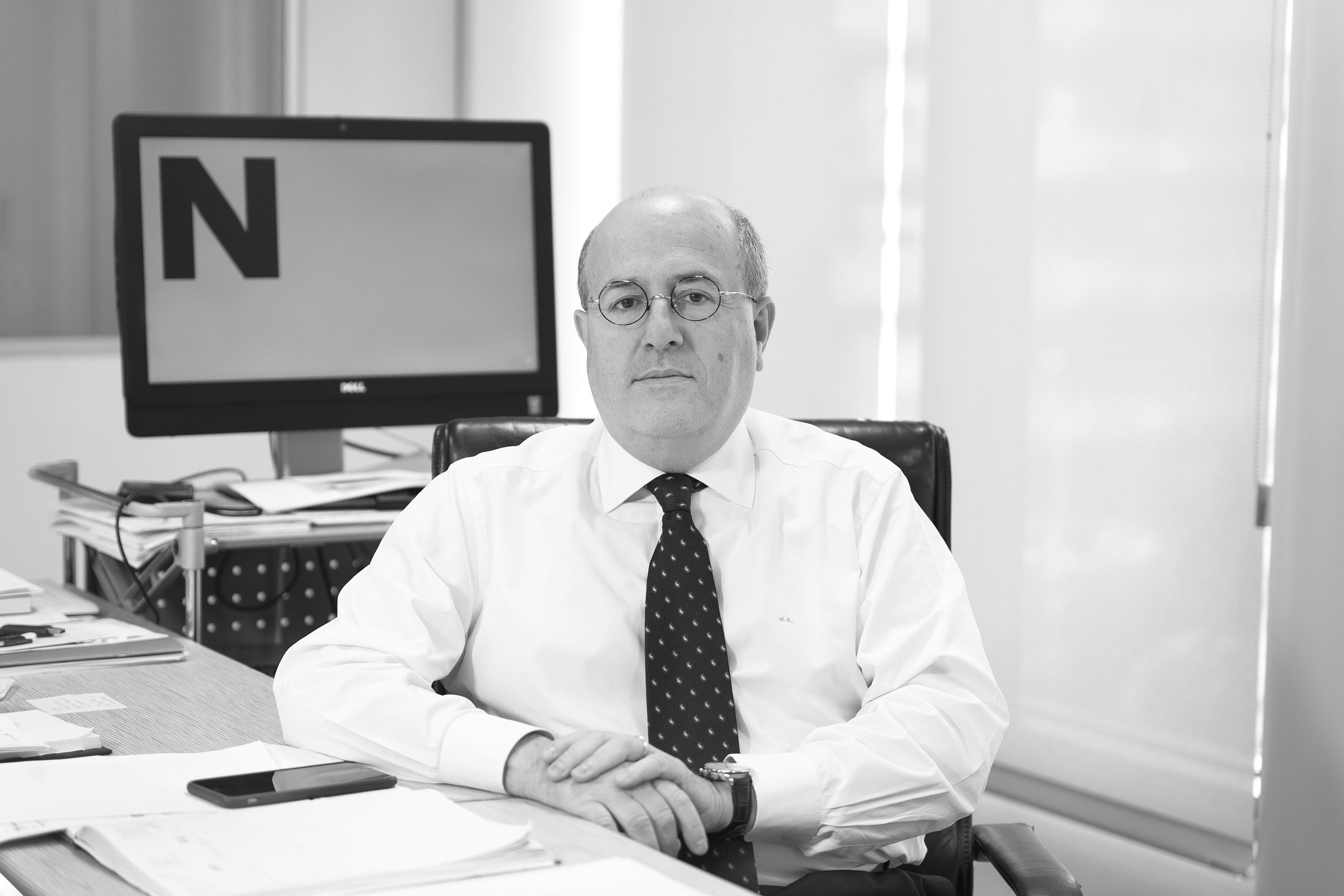In relations between Catalonia and Spain it has to be the most normal thing that the first, through its president, Quim Torra, should offer prime minister Pedro Sánchez dialogue and negotiation and the second, through a decision by the interior minister, Fernando Grande-Marlaska, should send 600 anti-riot officers with the argument of possible incidents during the Diada (the Catalan national day) with it announced they will remain here, at least until 1st October. Maybe it's the first response to the president's speech on Monday at the National Theatre of Catalonia or maybe, simply, it's to make an impression. To stake out their territory, as some say when they've got the power and strength to take certain decisions. Whatever the reason, Catalan justice minister Ester Capella (I believe she's the only one who spoke during the day, although the question wasn't strictly to do with her department) is right that it's a bad idea since responsibility for public safety corresponds exclusively, according to the Statute of Autonomy, to the Mossos d'Esquadra, Catalonia's own police force.
If we add to this that they've suspended the transfers of some 300 Civil Guard officers who were going to return to their homes and leave Catalonia there will be, between one thing and the other, more than a thousand extra National Police and Civil Guard in the next few weeks. Many are assigned to protect the state's official buildings, like the Spanish government's delegation to Catalonia when, for example, just two groups, a total of 100 riot police, were enough, and they were there a few days. But someone must think that's too few police officers if it's about promoting the idea of violence in the streets of Catalonia. Security will remain, as previously, up to the Mossos, but if there's a need to market the Spanish state and its presence in Catalonia, that can only be done by the Civil Guard and National Police.
Pedro Sánchez, his ministers and Iceta (note: and the print media now on their side) had already said that they were going to reinforce the state's presence in Catalonia to make it more visible. One could think based on those cryptic words, that language used far more in Spain than in Catalonia but which only bothers us when it's used here, that we could be talking, at the end of the day, about Rodalies local trains, about certain highways that are their responsibility, about train lines like those from the south of the country or Barcelona-Puigcerdà or about the Mediterranean corridor. We could go on, doubtlessly, but, with just that it would already be enough, and certain decades-old historical injustices would be corrected.
But it wasn't that and, for the moment, we have the riot police and the announcement of a Spanish cabinet meeting in Barcelona. Anyone who doesn't acquiesce it's because they don't want to.

